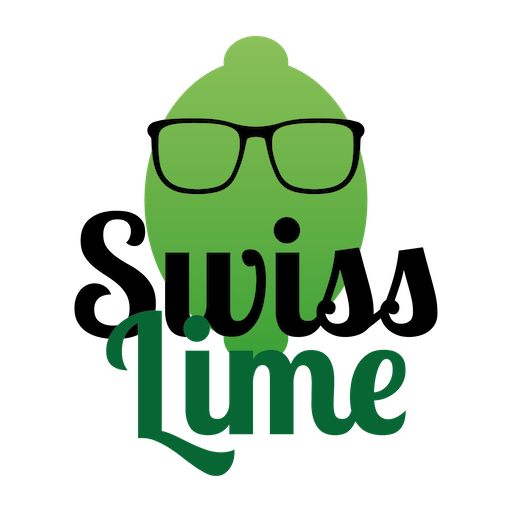SEO and NLP, their definitions
SEO =“Search Engine Optimization“. It is a set of techniques to position a website in search engines to make it visible to Internet users.
This work is done through quality content on your site, relevant and well placed keywords, optimization of certain tags for search engine robots and many other SEO techniques.
NLP stands for “Natural Language Processing”. NLP combines artificial intelligence and linguistic processing. It is a branch of artificial intelligence that focuses on giving machines the ability to understand, generate or translate human language as it is written and/or spoken.
Let’s go further with NLP
How do personal assistants such as Siri or Cortana work?
How can a spell checker detect syntax errors that you yourself would not have spotted?
Or how does your search engine manage to guess the words you were about to write in the first few letters?
NLP is a discipline that focuses on the understanding, manipulation and generation of natural language by machines.
It is therefore about the ability of the machine to interact directly with the human.
The most popular NLP-enabled applications are :
- Machine translation tools: capable of translating entire texts without human intervention, their work is no longer simply a word-for-word replacement but a true analysis of the meaning of sentences for a translation as close to reality as possible.
- Sentiment analysis tools: Also known as “Opinion Mining”, sentiment analysis consists of identifying subjective information in a text to extract the author’s opinion.
- In marketing: Marketers also use NLP to find people who are likely to make a purchase.
- Chatbots: they are entirely managed by current NLP techniques.
- Voice recognition tools: virtual assistants present in connected speakers for example or on smartphones.
In our daily lives we use NLP techniques regularly: automatic proofreading, automatic text summarization, character recognition…

Natural language processing in Google algorithms
Google has already integrated NLP in its applications like Google translate, Google assistant etc.
But it goes further to also take it into account in its new algorithms from which natural referencing is derived: SEO.
We know that Google ranks sites on its search engine based on the relevance of their content. Many SEO criteria are taken into account to perform the ranking. Google ‘s goal: to make sure that the user is completely satisfied with his or her experience and searches on its search engine.
In order to better respond to their requests, Google regularly releases updates to its algorithms.
This requires a good understanding of their requests, the meaning of the sentence, the terms used, the search intentions… but also, for some time now, the emotions that emerge from them.
For a long time, requests were written, but with the arrival of voice assistants, requests are now often made orally. And we don’t talk like we write… So Google had to face this new trend and adapt its algorithms .
It was the launch of the BERT algorithm in 2019 that revolutionized NLP to web search. This would have improved query results by 10%.
The NLP is the brain of BERT, thanks to it the algorithm better evaluates the feelings of the Internet users and accedes in a more targeted way to their requests.
Since then, improvements have been made with SMITH in 2020, and MUM in 2021.
The important thing to remember about these 3 updates is that Google’s algorithm no longer looks at terms individually. He is interested in the request as a whole and everything it means…
Any changes for SEO?
What are the changes to take into account to guarantee results in terms of natural referencing in 2022?
Google understands better the requests of the Internet users, even when they formulate them with longer sentences than the traditional keywords typed in the search bar.
This changes a lot of things in the way you work on your SEO. It is necessary to adapt to this new trend, the information on a site must be more precise and deal with the whole lexical field around the main keywords.
Keyword combinations and semantic analysis play a crucial role in the creation of textual content. Google no longer looks only at the main keywords to make its ranking.
Internal and external links must be studied carefully, no more room for chance, the link will be anchored on keywords that make sense.
Vague, vague content is discarded: Google wants something concrete for its users.

A real revolution in the world of SEO? Not really in conclusion.
The evolution of SEO trends has been going on for years. Things are constantly changing and the basic rules are not changed but adapted.
Nevertheless, understanding natural language processing and Google’s updates is essential to understand all the implications this technology has on SEO.
We will have to continue to focus on optimizing content so that it is adapted to the new needs of the web… as well as those of Internet users.

